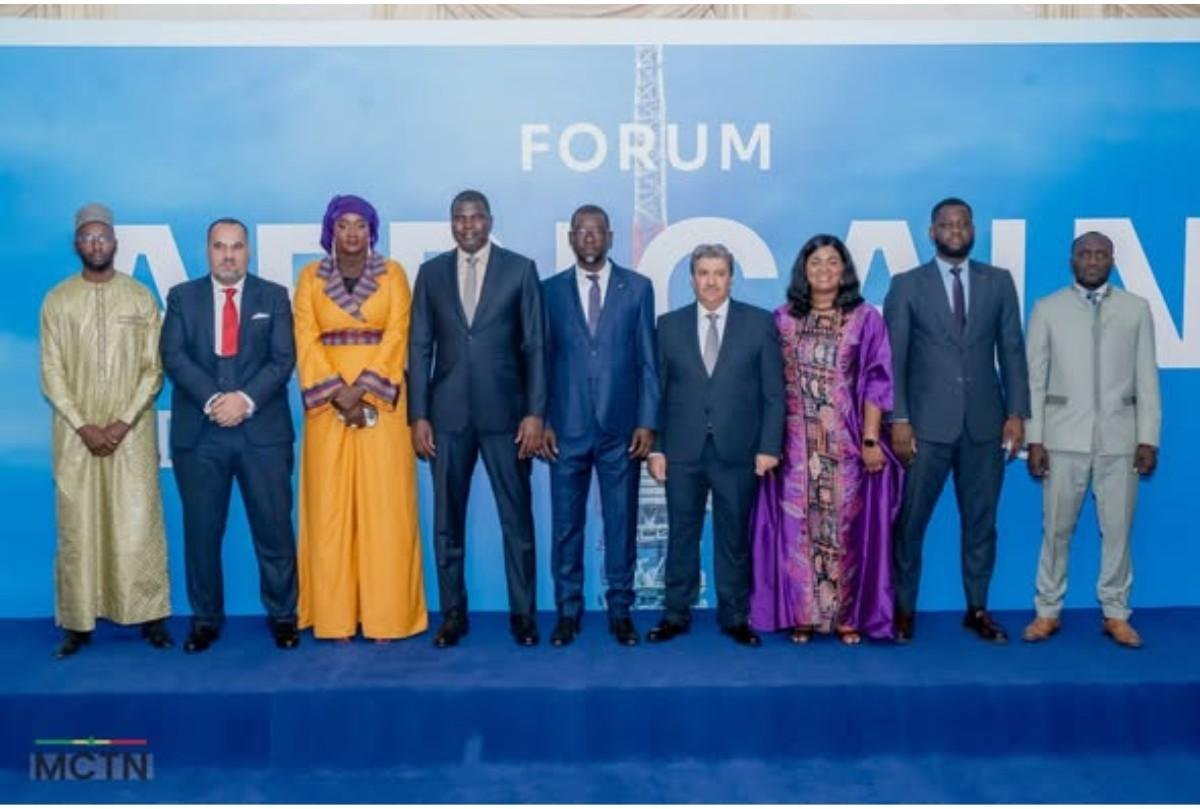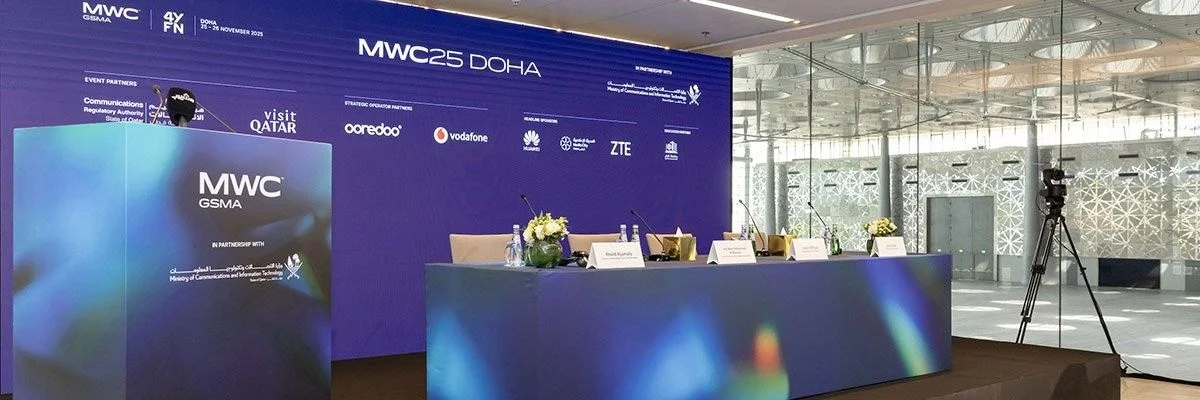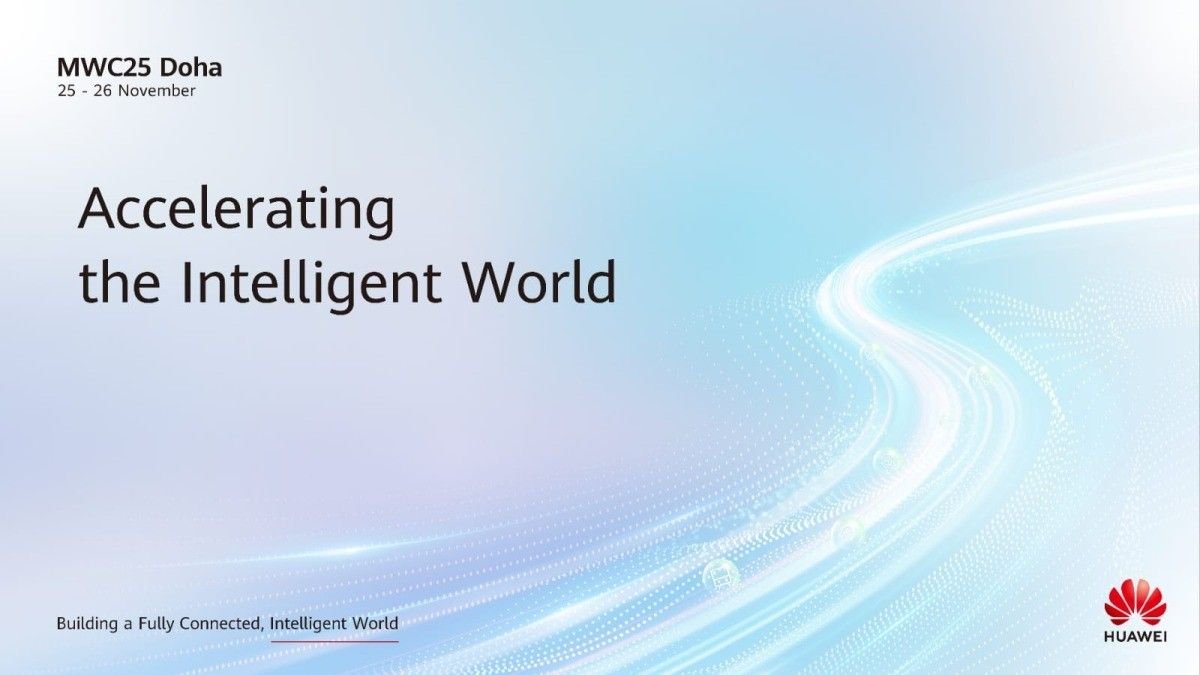LAHORE – Smartphones are increasingly vital for extending the benefits of a growing digital economy to the masses, particularly in developing countries like Pakistan. However, high smartphone prices and elevated taxes on services and devices continue to widen the digital divide in the country.
These insights were shared by Aamir Ibrahim, CEO of Jazz, during the ‘Empowering Digital Pakistan’ panel at the Digital Nation Summit in Islamabad. Organized by GSMA in collaboration with the Ministry of Information Technology and Telecommunication (MoITT), the summit focused on the pivotal role of the telecom sector in realizing Pakistan’s digital vision. The panel, moderated by Julian Gorman, Head of Asia Pacific at GSMA, included industry leaders such as Khurram Ashfaque, CEO of Telenor; Li Li, Head of Technology at Zong; and Zarrar Khan, Group Chief Business Solutions Officer at PTCL/Ufone.
Aamir Ibrahim emphasized the critical importance of smartphone access for education, commerce, employment, and healthcare in today’s world. He pointed out that expensive smartphones have allowed 2G phones to retain a 40% market share in Pakistan. Advocating for the discontinuation of 2G phone production and the phasing out of 3G networks, Aamir highlighted Jazz’s leadership in these initiatives. To achieve the Digital Nation vision, he called for making smart devices more affordable through installment plans, expanding broadband access, and promoting the use of QR codes at local stores. Additionally, he urged the government to stop overtaxing the telecom sector and recognize it as a crucial cross-sector enabler essential for the country’s long-term development.
In a separate panel discussion on building resilient and sustainable network infrastructures, Kazim Mujtaba, President of the Consumer Division at Jazz, discussed the company’s evolution from a telecom provider to a ServiceCo conglomerate in response to the changing digital landscape. Despite market and regulatory challenges, Mujtaba affirmed Jazz’s commitment to leveraging technology to improve lives and livelihoods. He also acknowledged the supportive roles of the Pakistan Telecommunication Authority (PTA), MoITT, and the government in facilitating the sector’s growth, particularly through initiatives like the Right of Way (RoW) framework, which has cut network deployment approval times by 50%, accelerating network expansions.
Mujtaba also stressed Jazz’s commitment to sustainability, noting the company’s efforts to solarize network sites, reduce plastic usage, and conduct energy audits to promote efficiency. He announced Jazz’s pledge to achieve net-zero carbon emissions by 2050.
During another panel discussion titled ‘Navigating Policy Reforms for a Digital Pakistan,’ Sir Brandon Lewis, Member of the Board of Directors at VEON, highlighted the mobile industry’s crucial role in driving economic growth, promoting digital inclusion, and enabling other sectors to thrive. However, he acknowledged that current challenges prevent the industry from becoming sustainable partners for the future.
To address these issues, Sir Brandon Lewis called for swift implementation of policy interventions that the industry has sought for years. These include delinking spectrum prices from the U.S. dollar, extending license payments over a twenty-year period, temporarily suspending industry contributions to the Universal Service Fund and Ignite (R&D fund), and granting the telecom sector access to industrial electricity tariffs.
The Digital Nation Summit provided a platform for critical industry discussions, fostering regional engagement and advancing the impact of mobile technology in developing sustainable and inclusive digital nations. The event was attended by Prime Minister Shehbaz Sharif, Minister of State for IT and Telecommunication Shaza Fatima Khawaja, and Chairman of the Pakistan Telecommunication Authority (PTA) Maj General (retd) Hafeez Ur Rehman.















